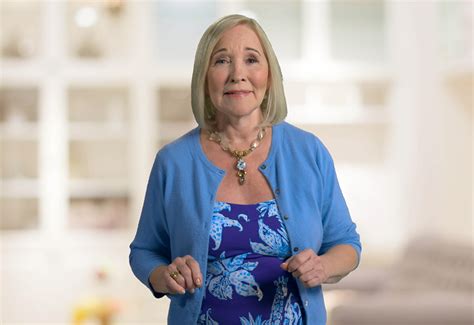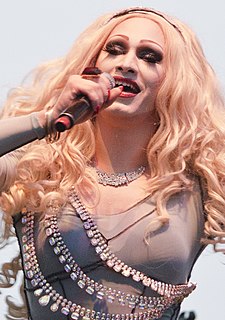A Quote by Caroline Myss
Related Quotes
Life, individual or collective, personal or historic, is the one entity in the universe whose substance is compact of danger, of adventure. It is, in the strict sense of the word, drama. The primary, radical meaning of life appears when it is employed in the sense not of biology, but of biography. For the very strong reason that the whole of biology is quite definitely only a chapter in certain biographies, it is what biologists do in the portion of their lives open to biography.
So your life becomes a vital celebration, your relationship becomes a festive thing. Whatsoever you do, every moment is a festival. You eat, and eating becomes a celebration; you take a bath, and bathing becomes a celebration; you talk, and talking becomes a celebration; relationship becomes a celebration. Your outer life becomes festive, there is no sadness in it. How can sadness exist with silence?
Your body, which is very physical, is under the influence of your thoughts, your feelings, your emotions, your dreams, your fantasies, your desires, your instincts, your drives, your imagination. All these things orchestrate themselves - all these internal activities that are in the invisible domain that we call consciousness actually have very precise physical effects both in our biology, but they also influence our perception of the world.
Digging up new information and speculating on it isn't your primary purpose when you're writing a biography intended for young readers, unless you ?nd compelling evidence that departs from the accepted wisdom. A biography for young people calls for the demanding art of distillation, the art of storytelling, and your responsibility is to stick as closely as possible to the documented record.
When some one sorrow, that is yet reparable, gets hold of your mind like a monomania,--when you think, because Heaven has denied you this or that, on which you had set your heart, that all your life must be a blank,--oh, then diet yourself well on biography,--the biography of good and great men. See how little a space one sorrow really makes in life. See scarce a page, perhaps, given to some grief similar to your own, and how triumphantly the life sails on beyond it.
Training is doing your homework. It's not exciting. More often than not it's tedious. There is certainly no glory in it. But you stick with it, over time, and incrementally through no specific session, your body changes. Your mind becomes calloused to effort. You stop thinking of running as difficult or interesting or magical. It just becomes what you do. It becomes a habit.
Biography always has fulfiled this role. Robinson Crusoe is a biography, as is Tom Jones. You can go through the whole range of the novel, and you will find it is biography. The only difference between one example and the other is that sometimes it's a partial biography and sometimes it's a total biography. Clarissa, for example, is a partial biography of Clarissa and a partial biography of Lovelace. In other words, it doesn't follow Lovelace from when he is in the cradle, though it takes him to the grave.
Your beliefs and thoughts are wired into your biology. They become your cells, tissues, and organs. There’s no supplement, no diet, no medicine, and no exercise regimen that can compare with the power of your thoughts and beliefs. That’s the very first place you need to look when anything goes wrong with your body.

































